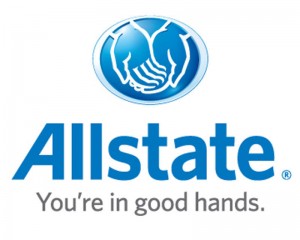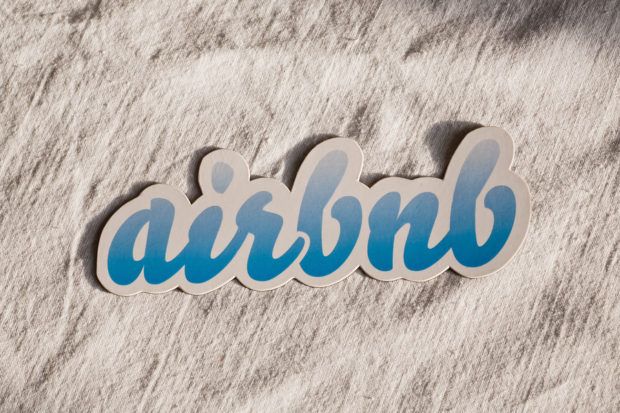In a move to serve customers who rent out their homes on a temporary basis, Allstate has filed plans to offer home-sharing protection in six states — Arizona, Colorado, Illinois, Michigan, Tennessee and Utah — starting in mid-August.
Allstate says it is the first major insurer to offer personal property protection targeted to the needs of  homesharing hosts. Allstate said it anticipates making this endorsement available in additional states in 2017.
homesharing hosts. Allstate said it anticipates making this endorsement available in additional states in 2017.
Traditional homeowners policies do not cover the risks of owners renting out their properties on a temporary basis. The new endorsement is named HostAdvantage.
Homesharing, like ridesharing, is a growing part of the evolving on-demand or gig economy.
While some homesharing companies like Airbnb or HomeAway have insurance coverage options for their hosts, Allstate says its HostAdvantage targets the specific needs of its customers who participate in homesharing and enhances the customer’s current homeowner policy.
 Pending regulatory approval, here’s how Allstate’s HostAdvantage endorsement works:
Pending regulatory approval, here’s how Allstate’s HostAdvantage endorsement works:
- It helps fill some of the personal property protection gaps that may exist in a typical homeowners policy for customers who occasionally rent out their homes to temporary renters. The endorsement will help protect homeowners from unexpected out-of-pocket expenses. For example, if a home-sharing renter destroys some furniture or steals electronics.
- The homeowners deductible still applies, but hosts are covered for their personal property up to $10,000per rental period, subject to the policy terms, conditions, limitations and exclusions.
- HostAdvantage protection can be added to an Allstate homeowners policy for around$50per year in the initial six states.
Allstate Senior Vice President of Product Management Julie Parsons said the coverage is part of the insurer’s efforts in “personalizing the customer experience” and being a leader in the industry.
“Generally speaking, home insurance is pretty broad with respect to coverage for the house itself, so many losses that might occur in an occasional rental situation could be covered,” says Parsons. “But personal property coverage doesn’t necessarily work the same way. So, if your tenants decide to throw a party and damage your stuff, you’ll want to know what might be covered in advance.”
Allstate recommends that homeowners review their insurance with an agent before renting out their homes.
Source: Allstate





















 AI Got Beat by Traditional Models in Forecasting NYC’s Blizzard
AI Got Beat by Traditional Models in Forecasting NYC’s Blizzard  High Court Ruling on Trump Tariffs to ‘Ease Uncertainty,’ Says AM Best
High Court Ruling on Trump Tariffs to ‘Ease Uncertainty,’ Says AM Best  Viewpoint: Runoff Specialists Have Evolved Into Key Strategic Partners for Insurers
Viewpoint: Runoff Specialists Have Evolved Into Key Strategic Partners for Insurers  10 Do’s and Don’ts of a Smart ORSA Report
10 Do’s and Don’ts of a Smart ORSA Report 




